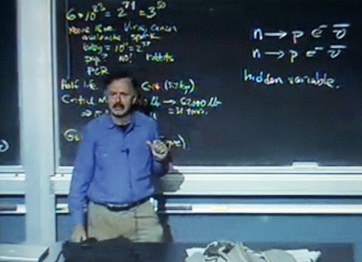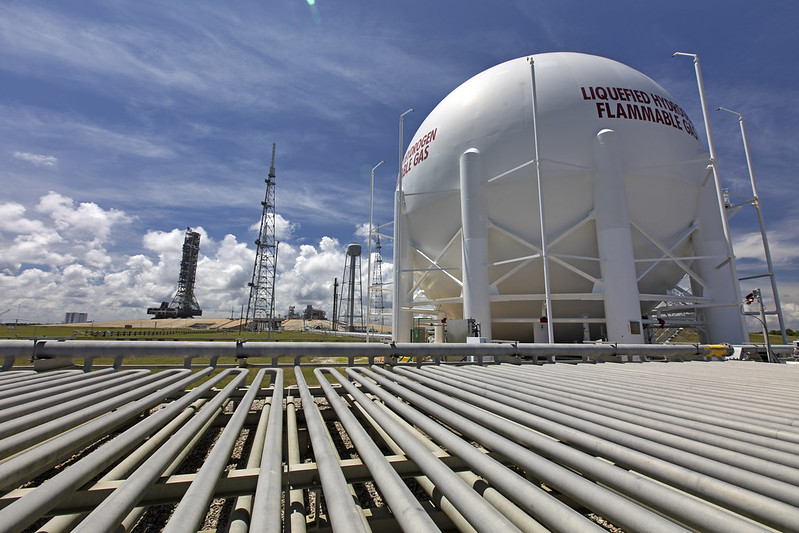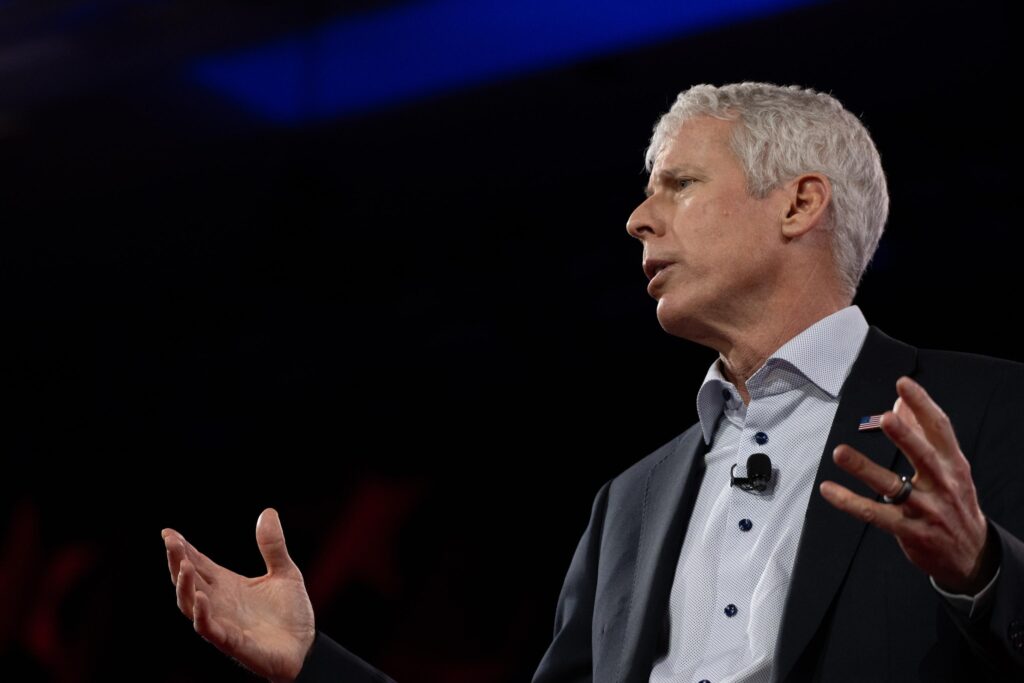I’ve been watching with interest the blogosphere uproar over the release of results from the Berkeley Earth Surface Temperature project centered around physicist Richard Muller [pictured left], which now claims to confirm that the world is indeed warming.
As Joe Romm notes, this is mainly newsworthy not for the finding itself—we’ve known this to be true for ages—but because Muller had talked as though he was coming from the other side, the skeptical side, and had received Koch funding. And as Romm notes, the uber-skeptic blogger Anthony Watts had said of Muller’s undertaking, “I’m prepared to accept whatever result they produce, even if it proves my premise wrong.”
Now, however, Watts is blasting the Muller group for releasing results short of peer review, and calling for an open peer review process and “transparency” so no “pals” handle the papers.
In other words, it appears to me as though Watts is building a series of arguments and complaints that will allow him to *not* “accept whatever results they produce, even if it prove my premise wrong.”
This is a classic phenomenon called goalpost shifting. And we have seen it many, many times before, on many, many disparate issues.
Goalpost shifting is what the hard core birthers did when President Obama released his long form birth certificate. It’s what Harold Camping did when the “rapture” didn’t materialize on May 21. It’s what the famous (or infamous) Seekers did when the world didn’t end on the day they predicted in 1954…an event that fed directly into the development of cognitive dissonance theory.
The way the human mind works is that people who are strongly committed to a preexisting point of view that is central to their identities–and especially people who have built up elaborate arguments and rationalizations of that prior point of view—will be unable to let it go, often even in the face of direct factual refutation. This amply describes many climate skeptics and deniers, who claim their views are based on science, but clearly take politicized positions, and attack climate scientists as though they’re berating members of an outgroup.
The emotional tone itself reveals that these attacks on science are motivated attacks—they occur for a reason, because they serve a purpose. And that purpose is rooted in the identities and beliefs of climate skeptics, who have, shall we say, a need to disbelieve.
So whatever “data” come out, hard core “skeptics” are unlikely to change; although more moderate skeptics (and it seems Muller may have been one of these) may prove much more flexible.
What this means is that it is really silly for journalists to be covering the Muller team work in some sort of naïve “will-this-change-the-debate” sort of way. It won’t change the debate. It is just fuel for the fire. No scientific result, of any kind, is going to “end” the global warming debate in the public arena (it ended long ago in the scientific arena).
Muller himself lends credence to this naivete in his Wall Street Journal oped: “Global warming is real. Perhaps our results will help cool this portion of the climate debate.”
Yeah, right. You want to cool the global warming debate? There is only one way to do it. It is called find a policy solution to the climate issue. At that point, the scientific debate becomes irrelevant.
The hard core “skeptics” still won’t buy it, of course. But they will have ceased to matter, even politically, and their audiences will move on.
Subscribe to our newsletter
Stay up to date with DeSmog news and alerts







